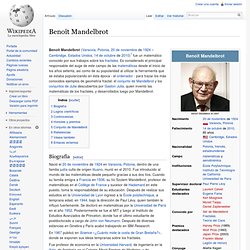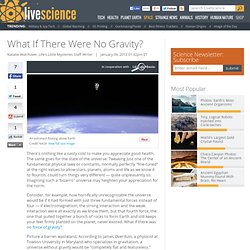

Quixotic Fusion: Dancing with light. The Internet's Battle For Our Digital Souls. Harvard neuroscience researchers have just confirmed what many of us have suspected all along: social networks like Facebook, Twitter, Instagram and Pinterest are “brain candy” for Internet users.

Every status update, every tweet, every pin is a micro-jolt delivered squarely to the pleasure centers of our brains. We get approximately the same type of pleasure from talking about ourselves on social media as we do from having sex. As Facebook bulks up to take on new challengers after its much-anticipated IPO next week, is it possible that the battle for future dominance on the Internet will actually take place inside our heads? Emotions, visualizations and new ways to stimulate our senses suddenly matter more than ever on the Internet as companies figure out how to turn us all into Pavlovian subjects lusting after the next viral meme. Getting the neuroscience right, quite simply, is the key to future billion-dollar valuations. "Sharing is deeply sensory. So what's next? Benoît Mandelbrot. Biografía[editar] Nació el 20 de noviembre de 1924 en Varsovia, Polonia, dentro de una familia judía culta de origen lituano, murió en el 2010.

Fue introducido al mundo de las matemáticas desde pequeño gracias a sus dos tíos. Cuando su familia emigra a Francia en 1936, su tío Szolem Mandelbrot, profesor de matemáticas en el Collège de France y sucesor de Hadamard en este puesto, toma la responsabilidad de su educación. Después de realizar sus estudios en la Universidad de Lyon ingresó a la École polytechnique, a temprana edad, en 1944, bajo la dirección de Paul Lévy, quien también le influyó fuertemente. Se doctoró en matemáticas por la Universidad de París en el año 1952. En 1967 publicó en Science «¿Cuánto mide la costa de Gran Bretaña?» Fue profesor de economía en la Universidad Harvard, de ingeniería en la Yale, de fisiología en el Colegio Albert Einstein de Medicina, y de matemáticas en París y Ginebra.
Logros científicos[editar] Controversias[editar] Honores y premios[editar] ra. What Would Happen If You Shot a Gun In Space? Fires can't burn in the oxygen-free vacuum of space, but guns can shoot.

Modern ammunition contains its own oxidizer, a chemical that will trigger the explosion of gunpowder, and thus the firing of a bullet, wherever you are in the universe. No atmospheric oxygen required. The only difference between pulling the trigger on Earth and in space is the shape of the resulting smoke trail. In space, "it would be an expanding sphere of smoke from the tip of the barrel," said Peter Schultz an astronomer at Brown University who researches impact craters. The possibility of gunfire in space allows for all kinds of absurd scenarios. Shooting stars Imagine you're floating freely in the vacuum between galaxies — just you, your gun and a single bullet. If you do the latter, Newton's third law dictates that the force exerted on the bullet will impart an equal and opposite force on the gun, and, because you're holding the gun, you. What Would the Universe Be Like If There Were No Gravity? There's nothing like a nasty cold to make you appreciate good health.

The same goes for the state of the universe: Tweaking just one of the fundamental physical laws or constants, normally perfectly "fine-tuned" at the right values to allow stars, planets, atoms and life as we know it to flourish, could turn things very different — quite unpleasantly so. Imagining such a "bizarro" universe may heighten your appreciation for the norm. Consider, for example, how horrifically unrecognizable the universe would be if it had formed with just three fundamental forces instead of four — if electromagnetism, the strong interaction and the weak interaction were all exactly as we know them, but that fourth force, the one that pulled together a bunch of rocks to form Earth and still keeps your feet firmly planted on the planet, never existed.
What if there was no force of gravity? Picture a barren wasteland. Dialing down the scalar field to zero everywhere would essentially flatten the universe.